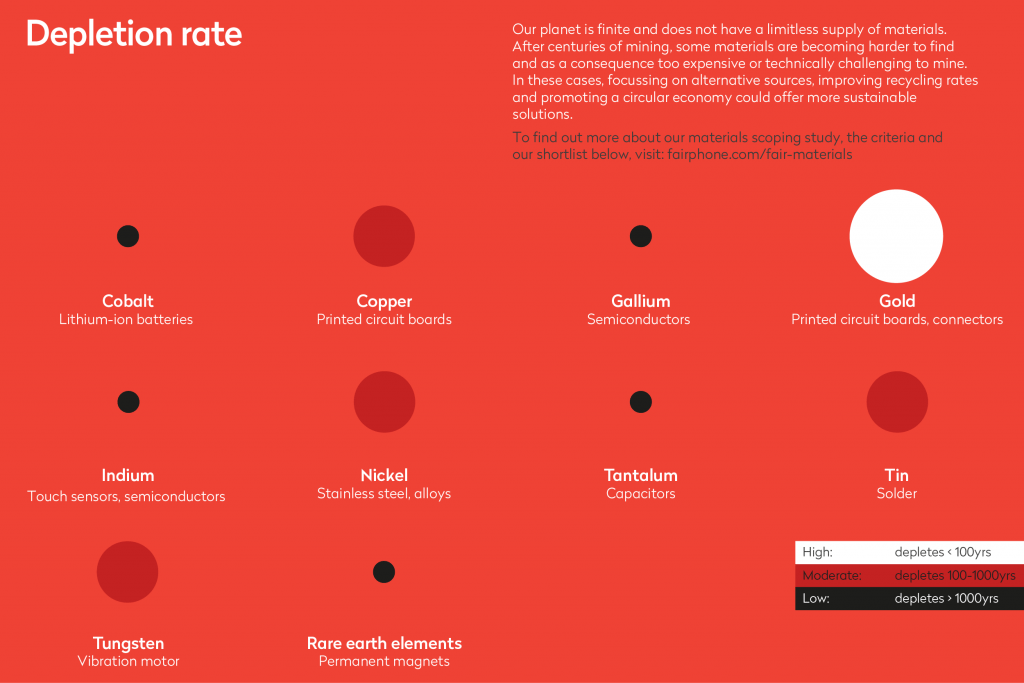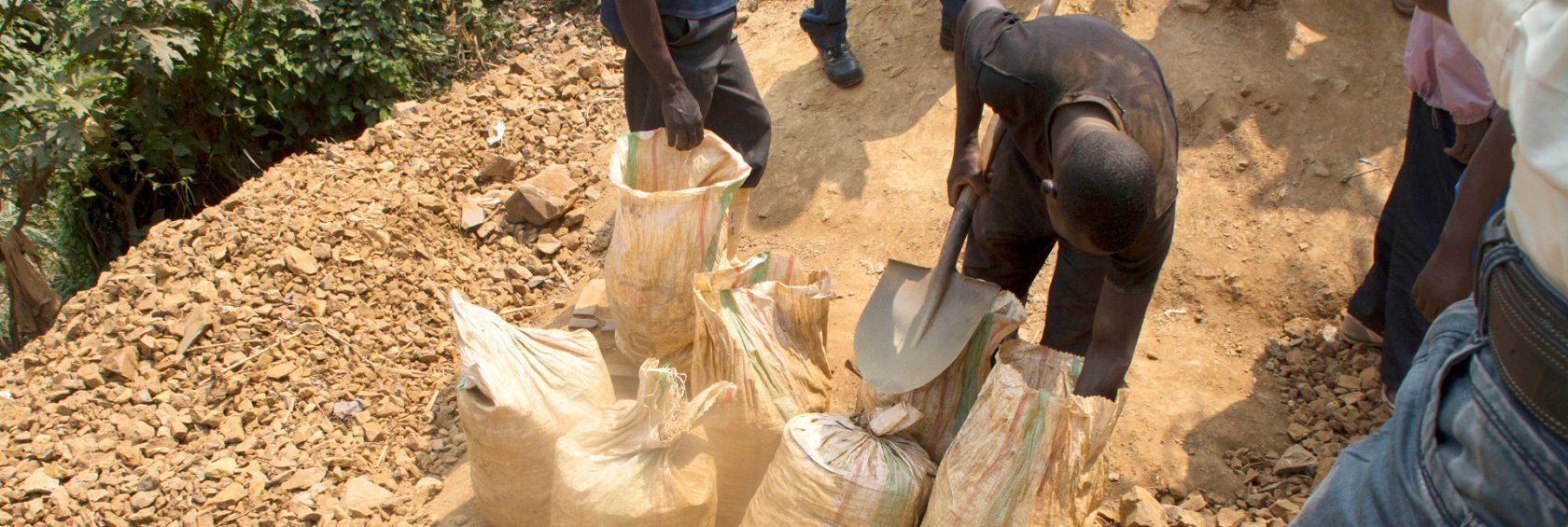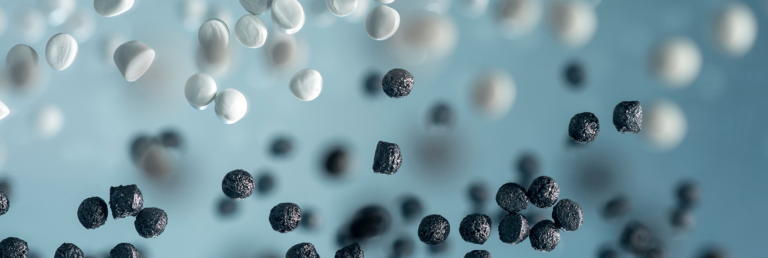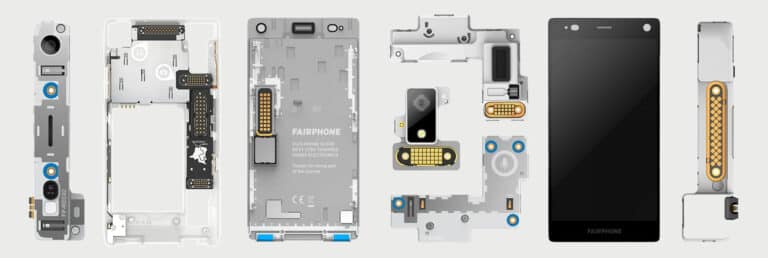Digging into the recycled material chains
Updated 25 July 2018: We have now finished the final scope of this research, which you can find here. If you’re part of this industry, find the scope interesting and would like to participate either sponsoring or developing the research, please contact us at research@fairphone.com.
We are happy to announce that together with Alpha Assembly Solutions we are starting research on the challenges associated with sourcing recycled materials in the electronics industry. This research aims to bring more transparency around the operational and sustainability challenges faced when sourcing secondary raw materials, to kickstart industry discussion on how to tackle them, to scale up recycled sourcing and define what responsible recycling means.
The scope of the research
So far, there has been a lot of focus on understanding virgin material supply chains. Much less is known about secondary material supply chains and the challenges we face in expanding responsible recycling. How are these materials sourced and under what social and environmental conditions? It’s an interesting story, which needs unraveling.
We will begin our research with a look at tin, one of our focus materials as defined in our scoping study. Tin is a critical element for consumer electronics manufacturing due to its use in solder paste, which is used to connect components to a printed circuit board. Alpha already manufactures some of its products with 100% recycled tin, making this an ideal starting point.
There is growing interest in integrating more recycled materials into consumer products as a crucial step in the transition to a circular economy. Recycled materials can come from many different sources, and from different stages in the supply chain. They can come from industrial tailings (leftover material not used in production), and also from products that are discarded by consumers or not used anymore.

Mineral’s depletion rate.
While the demand for recycled materials grows, the amount of such materials available will not be enough to meet the increasing demands of our electronics industry. We must therefore acknowledge that the mining of raw materials will still play a very important role in satisfying industry needs. We have to keep improving conditions in mining in order to bring focus to the topic in our industry’s agenda, in tandem with examining how to increase the share of recycled material supplies. One of the first steps in improving the supply is seeking more transparency around bottlenecks in the recycling industry. This research with Alpha will begin to shed some light on that.
Fair demand and fair supply
At Fairphone we work with the industry (and with you, as our community) to increase both ‘fair’ demand and ‘fair’ supply; both need to come hand in hand. We are already using a number of recycled materials in Fairphone 2 (that we know of):
- Around 50% of the tungsten used in the vibration motor of the FP2 is from recycled sources.
- 50% of the polycarbonate (plastic) used for the back covers and modules is from post-consumer recycled sources.
- 34% of the copper used in the Printed Circuit Boards is from recycled sources.
Demanding more recycled materials in your products could, in the long run, lead to an increase in the use of recycled materials. But this alone isn’t enough; we also need to ensure that an increase in supply comes from fair and sustainable sources.
With the research we are launching with Alpha, we hope to be able to give much more insight into what happens to materials as they go through the recycling industry and end up in consumer electronics. As I mentioned, we’ll start by focussing on tin, but this work might evolve to cover the rest of our focus materials in coming years.
We are looking for other supply chain parties to join this research, please take a look at its scope and contact us at research@fairphone.com for more information.



